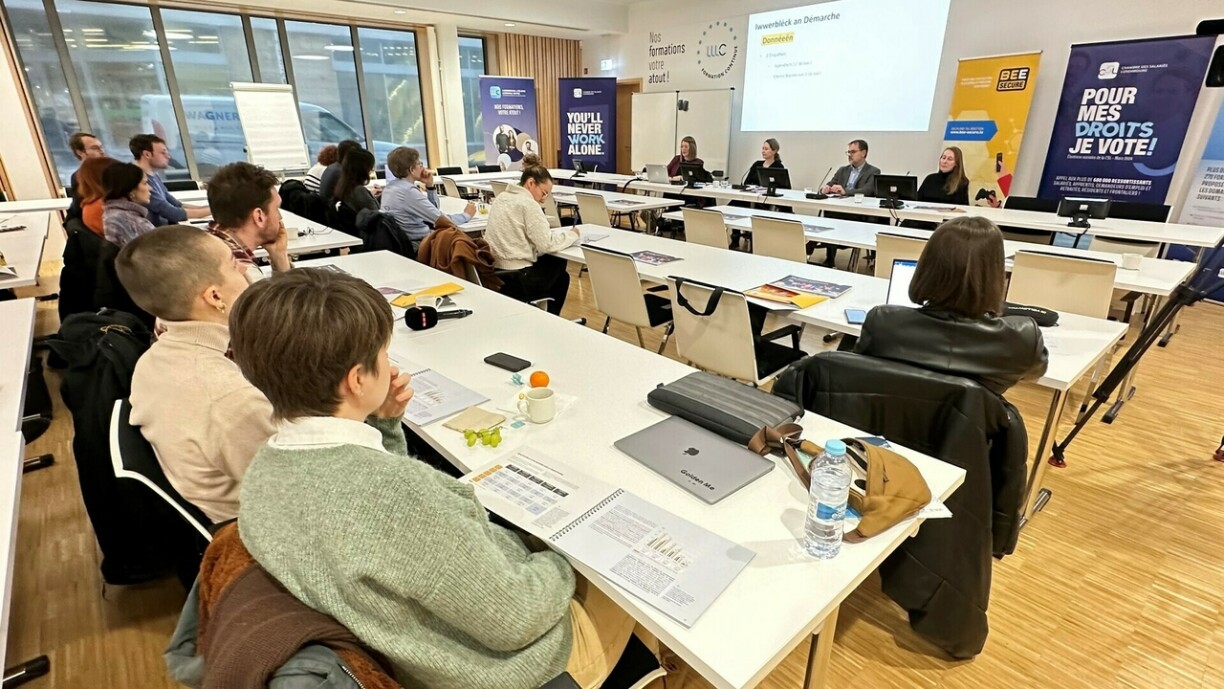
A recent report by BEE SECURE highlighted the trend of children accessing the Internet at increasingly younger ages. Aline Hartz from the children and adolescents’ helpline (“Kanner- a Jugendtelefon”) suggested that the significance of mobile phone usage lies more in how the technology is used rather than mere screen time.
Hartz cautioned against oversimplifying digital behaviour by labelling it solely as healthy or unhealthy, emphasising the need to consider broader factors. Hartz also cautioned against the premature use of terms like “mobile phone addiction,” asserting that genuine addiction involves a constellation of behaviours such as neglecting hobbies, social withdrawal, and loss of focus in school.
Particularly during adolescence, mobile phone usage can become a contentious issue, often prompting young people to seek support from helplines due to perceived parental overreach or lack of communication. Children may feel frustrated because they are not told why they should spend less time on the internet or playing video games, Hartz explained. However, some also suspect that their parents are using digital technology to monitor them.
The team working at the children and adolescents’ helpline has observed conflicts arise when a young person finds out that their parents are monitoring their whereabouts on their mobile phone, for example. That is a very clear breach of trust, Hartz stressed. The psychologist explains that establishing open dialogue about online conduct and jointly negotiating household rules can foster mutual understanding and adherence.
Above all, people must stick to the rules they set themselves, according to Hartz. “No phones at the dinner table” only works if the adults respect it too, Hartz noted. A good way for parents to avoid arguments would be to take an interest in what their child is doing, she suggests, stressing that, “It’s not just the time you spend online that’s important, but what you do with it.”
The team at the children’s and adolescents’ helpline also observed a growing trend among young people to voluntarily use apps that limit screen time. That is another topic that could be discussed as a family, Hartz suggested, “and perhaps even something that everyone could try out together.”